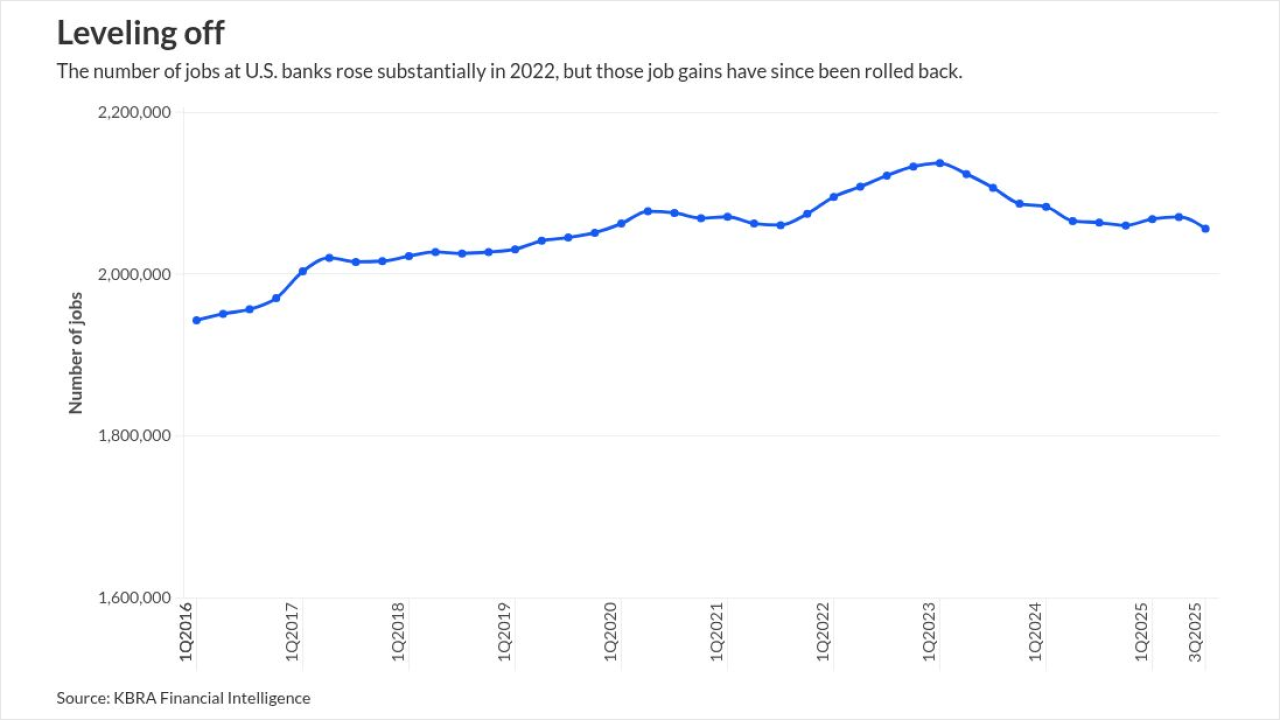Dominick Cavuoto
President
Unisys Global Financial Services
When television hosts criticize the exporting of American jobs and intermingle the words "offshoring" and "outsourcing," it gets under Dominick Cavuoto's skin. To Cavuoto, corporate vp and president of global financial services for Unisys, this non-discerning outlook confuses public debate and unfairly taints businesses that contract out management of existing facilities and workers to primarily U.S.-based vendors. To equate all outsourcing with offshoring puts the emphasis on the lowest common denominator in price, rather than strategic thinking, Cavuoto says. Cavuoto and Unisys these days are consulting with banks about new BPO tactics, ones where managers are prioritizing business intelligence considerations-not just costs-in their decisions.
In what ways does business process outsourcing differ strategically from the traditional ways banks have outsourced functions?
People used to look at it as a cost play, but I think people have become much more sophisticated: is this the best way to use my management and the internal capabilities of my company? [Also], when the first wave of outsourcing came in the 1990s, many banks made a decision not to move forward.
In the BPO model, it doesn't necessarily mean that that business is going to remain stagnant. Some products, features and capabilities probably, and quite possibly, need to be altered along the way. We like to keep it a dynamic situation with our clients. Because if it's living and breathing, it's something that is always viewed as a valued-add.
Does the labor savings in outsourcing still provide the major driver for institutions, or are there other cost considerations making the list?
The other consideration is management focus. There is transitional management in the financial services industry. There's a whole new generation coming in and taking over executive positions and their view is much more of: "Is that process a differentiator for my bank, or is what I offer my clients the real differentiators for my bank?" I think a few years ago people believed you could outsource everything that's not core. Well, that's hokum. I can't think a banking process that's not core. There are clients who have an expectation of delivery excellence in [each] product.
Do you see limitations to BPO, particularly with the upsurge in fraud and data- security awareness?
I think it's easier. Because getting that scale we talked about allows you to afford better technology. Fraud that takes place is usually at point of contact. I think this actually allows the bank to really put more effort there. The banks need to do much more, and our expectation is that if you don't have to worry about the nitty gritty because you may have moved it to an outsourced environment, it gives you all the horsepower that you need to really address the client- satisfaction issues. If you look at the back end of these processes...if the processes become standardized, it affords greater security because you would know where it can be attacked.
What are some key issues banks must be cautious about in evaluating their business case for outsourcing?
There was a recent study done that said almost 50 percent of banks really don't even have a process by which to do a comprehensive assessment. And I still question the other 50 percent that claim they do. We developed a process we call 3DVE [3D Visible Enterprise], which is a tool that helps a senior executive...understand present state as well as future state. It just builds out their entire world for them, and mitigates risk. [It has] modeling tools, intellectual capital and deep domain expertise that really allows us to work with a client and really transcend the emotions of all these decisions and allows them to make [decisions] from an economic as well as business savvy position. I talked to a [new client] CEO, and he said he found too many people in the BPO world who claim they know how to do it better than I do, but at the end of the day, he didn't see people who, for example, understood or were intimate with financial services.
You've advocated banks share more arrangements in non-strategic administrative, retail and back-office settings. Can banks adopt cooperative measures where they've believed were competitive differentiators?
The value, if you can get that scale, is that some bank processes are actually shrinking. As market demands change, consumer demands change, payment instruments change, and technology changes...There's a great value in moving to a standardized process to which the full value of scale can be gained. For processes that are shrinking, there's a quadrant where it's going to cost you $1 million to do 50,000 items, 500,000 items or five million items...However, the only big change there is the cost per item that starts to go up as that [volume] number continues to decrease. As the processes can be standardized in a BPO world, you can mitigate that risk -both the operating risk because of standardization and financial risk of not being overburdened. Banks have to recognize that in core vs. strategic, if you view somebody's processes as strategic, how would I ever be willing to standardize or join a business process utility if this is truly strategic to the bank? But then you realize the process is not what's strategic. It's critical, it's extremely important, it's vital to the institution, but that doesn't make it strategic. As people realize and get over that, they realize there are efficiencies that can be gained through shared utilities. And this allows them to dedicate their resources to making the front end of these things as delightful for the client.





